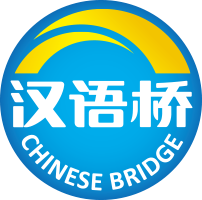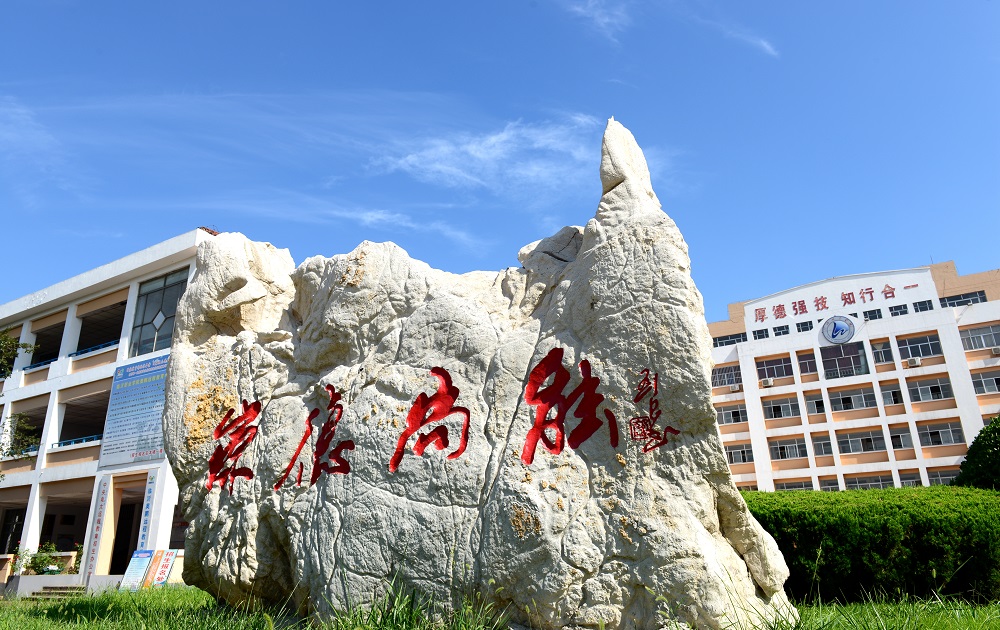
Linyi Vocational College is a full-time public college approved by the People's Government of Shandong Province and sponsored by the People's Government of Linyi City. Founded in 1954 and established in 2008, Linyi Radio and Television University was merged with the former Linyi Business School, Linyi Vocational Technical Secondary School and Linyi Economic School. The school has more than 15000 full-time students and more than 20000 adult college students. The university is a pilot unit of modern apprenticeship system of the Ministry of Education, a pilot institution of the 1+X certificate system of the Ministry of Education, a pilot institution of the new business smart learning workshop of the Ministry of Education. It has been approved as a "3+2" pilot college for cultivating undergraduate students by stages in Shandong Province, one of the first batch of credit system reform pilot units in Shandong Province, and an advanced collective of ideological and political work in colleges and universities in Shandong Province. The school has two campuses, Luozhuang and Jingkai, with a total construction area of 262000 square meters and a total assets of 677 million yuan. There are 11 secondary schools, including the School of Business and Logistics, the School of Intelligent Manufacturing, the School of Information Engineering, the School of Health Care, the School of Smart Finance, the School of Modern Architecture, the School of Preschool Education, the School of Digital Media and Arts, the School of Marxism, the School of Rural Revitalization, and the School of International Exchange, and 3 teaching auxiliary institutions, including the Training Center, the Teaching Quality Diagnosis and Improvement Center (the Teacher Development Center), and the Library and Information Center. There are three vocational skill appraisal institutions of machinery, architecture and e-commerce, more than 150 experimental training rooms in eight categories, more than 6000 sets of advanced training equipment of five axis linkage machining center, CNC milling machine, aviation simulation warehouse and other types, which can carry out 300 practical training projects and vocational skill training appraisal of 36 types of work. The school is a demonstration unit of education informatization in Shandong Province and a language and character promotion base in Shandong Province. The school connects new technologies, new processes and new formats of industrial development, adjusts majors and optimizes specialty groups according to the catalog of new higher vocational majors and the catalog of undergraduate vocational education majors, and opens 14 categories of 47 three-year higher vocational majors and 21 32 consecutive higher vocational majors. There are 2 construction majors (accounting, project cost) supported by the central finance, 2 national backbone majors (machinery manufacturing and automation, logistics management), 1 national new business brand specialty (group) (trade logistics), and 1 high-level specialty group (trade logistics) in Shandong Province. The enrollment quality of all majors has been steadily improved, and the admission score has reached new highs. The school has a teaching and research team with national and provincial discipline leaders and teaching experts as the backbone. It has more than 700 teaching staff, including 69.86% of "double qualified" teachers, more than 200 professors and associate professors, 270 doctors and masters, 3 experts enjoying special subsidies from the State Council and provincial government, 11 masters of intangible cultural heritage skills inheritance, and 8 industry professors. The university continued to deepen foreign exchanges and cooperation, cooperated with the University of Southern Utah in running schools, established Luban workshops in three overseas universities, and set up talent training and teaching research bases with more than 20 foreign universities. Participated in the construction of China Overseas Vocational and Technical College in Congo (Brazzaville) and the first batch of professional standards in Tanzania (intelligent manufacturing, information technology). The school is the construction college of the project of the Chinese and foreign cultural exchange talents training base in the intelligent manufacturing field of the Ministry of Education's Humanities Center, and the international talents training base for cross-border e-commerce and medical care of the Ministry of Education's Humanities Center.
临沂职业学院是经山东省人民政府批准,临沂市人民政府主办的全日制公办普通高校。学校始建于1954年,组建于2008年,由临沂广播电视大学和原临沂商业学校、临沂市职业中专、临沂经济学校合并而成。学校现有全日制学生15000余人、成人本专科教育学生20000余人。学校是教育部现代学徒制试点单位、教育部1+X证书制度试点院校、教育部新商科智慧学习工场试点院校,获批山东省“3+2”分段培养本科生试点高校、山东省首批学分制改革试点单位、山东省高校思想政治工作先进集体。
学校现有罗庄、经开2个校区,校舍总建筑面积约26.20万平方米,校舍总资产6.77亿元。设有商贸物流学院、智能制造学院、信息工程学院、医养健康学院、智慧金融学院、现代建筑学院、学前教育学院、数字媒体与艺术学院、马克思主义学院、乡村振兴学院、国际交流学院等11个二级学院,培训中心、教学质量诊断与改进中心(教师发展中心)、图书信息中心3个教辅机构。建有机械、建筑、电子商务3个职业技能鉴定机构和8大类150余个校内实验实训室,拥有五轴联动加工中心、数控铣床、航空模拟仓等各类先进实训设备6000余台套,可开展300个实习实训项目和36个工种的职业技能培训鉴定。学校是山东省教育信息化示范单位、山东省语言文字推广基地。
学校对接产业发展新技术、新工艺、新业态,依照高职新专业目录和职教本科专业目录,进行专业调整和专业群优化,开设14大类47个三年制高职专业、21个三二连读高职专业。中央财政重点支持建设专业2个(会计、工程造价),国家骨干专业2个(机械制造与自动化、物流管理),全国新商科品牌专业(群)1个(商贸物流),山东省高水平专业群1个(商贸物流)。各专业招生质量稳步提升,录取分数线屡创新高。
学校拥有一支以国家、省级学科带头人、教学能手为骨干的教学科研队伍,现有教职工700余人,其中“双师型”教师占比69.86%,教授、副教授200余人,博士、硕士270人,享受国务院、省政府特殊津贴专家3人,非物质文化遗产技能传承大师11人、产业教授8人。
学校持续深化对外交流合作,与美国南犹他大学开展合作办学,在海外3所院校建立鲁班工坊,同国(境)外20余所院校互设人才培养和教学研修基地。参建刚果(布)中国海外职业技术学院,参与第一批坦桑尼亚国家(智能制造、信息技术)职业标准建设。学校是教育部人文中心智能制造领域中外人文交流人才培养基地项目建设院校,教育部人文中心跨境电商和医养照护国际人才训练基地。
Summer Camp 团组






